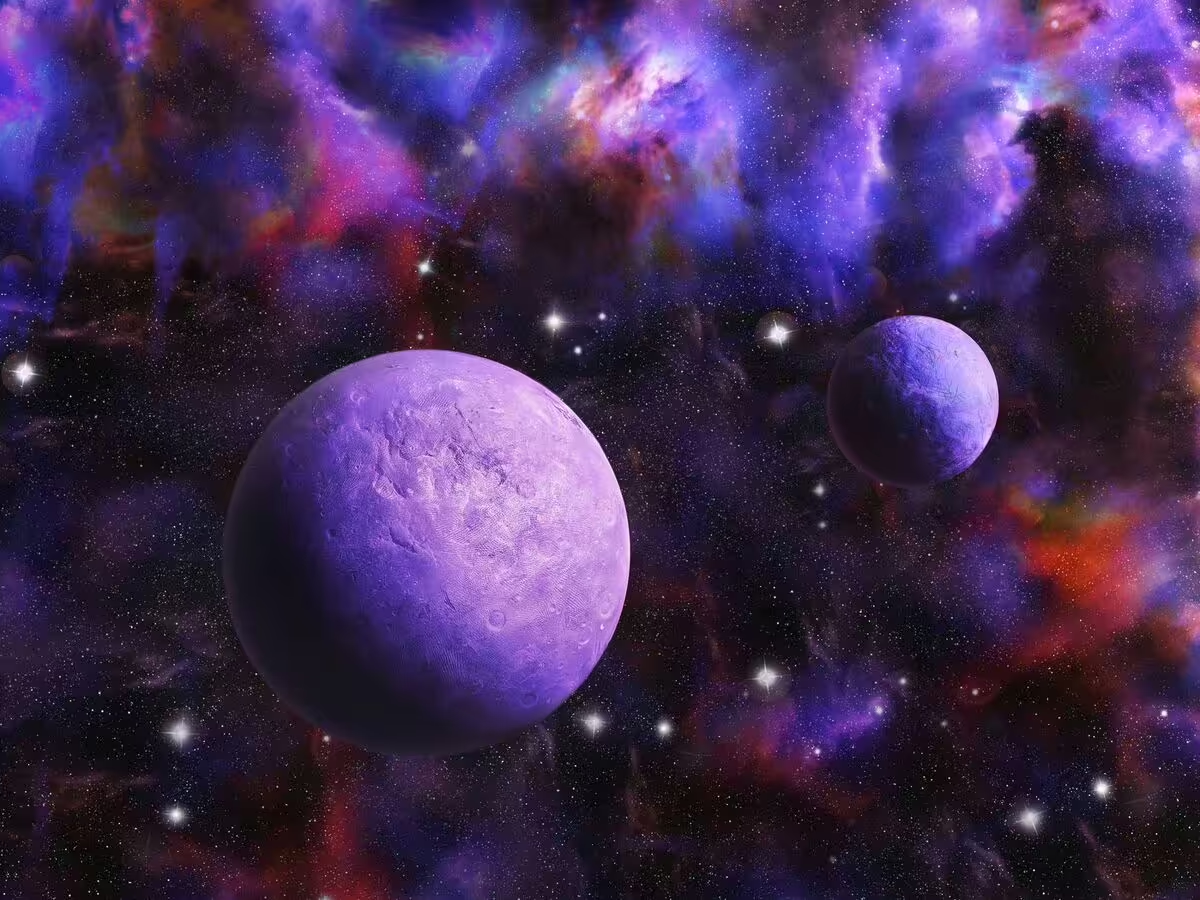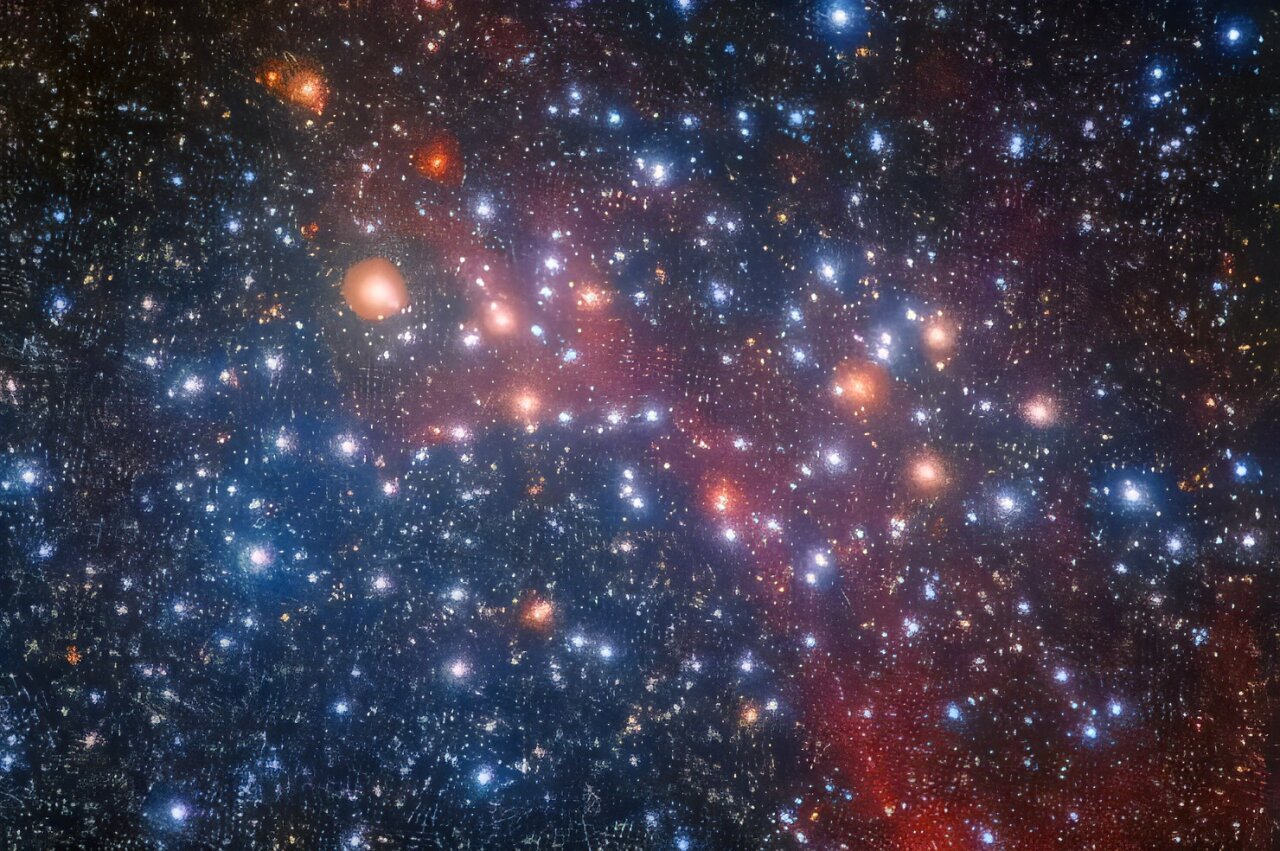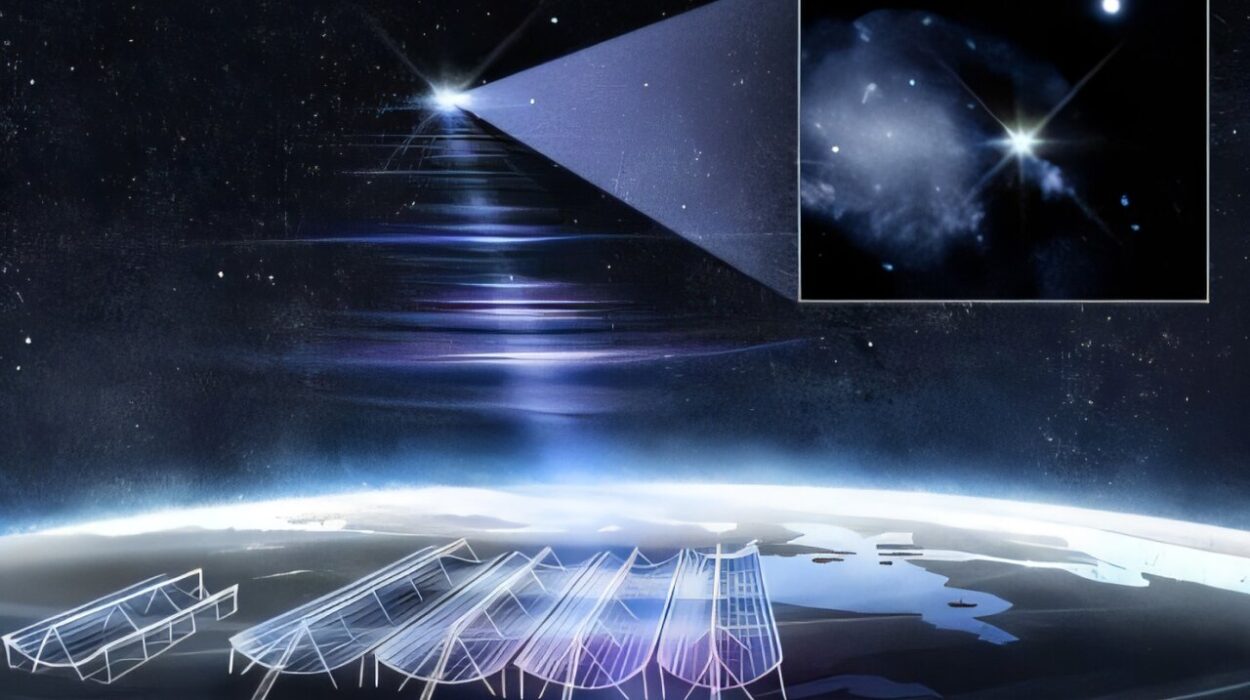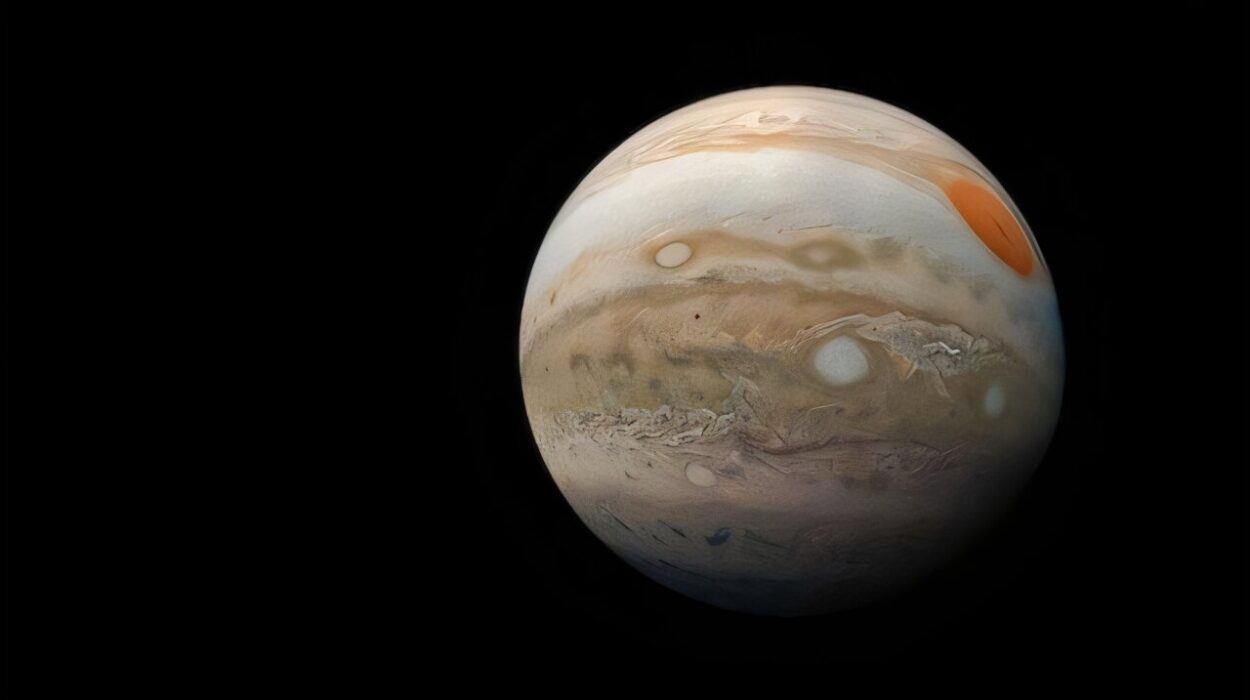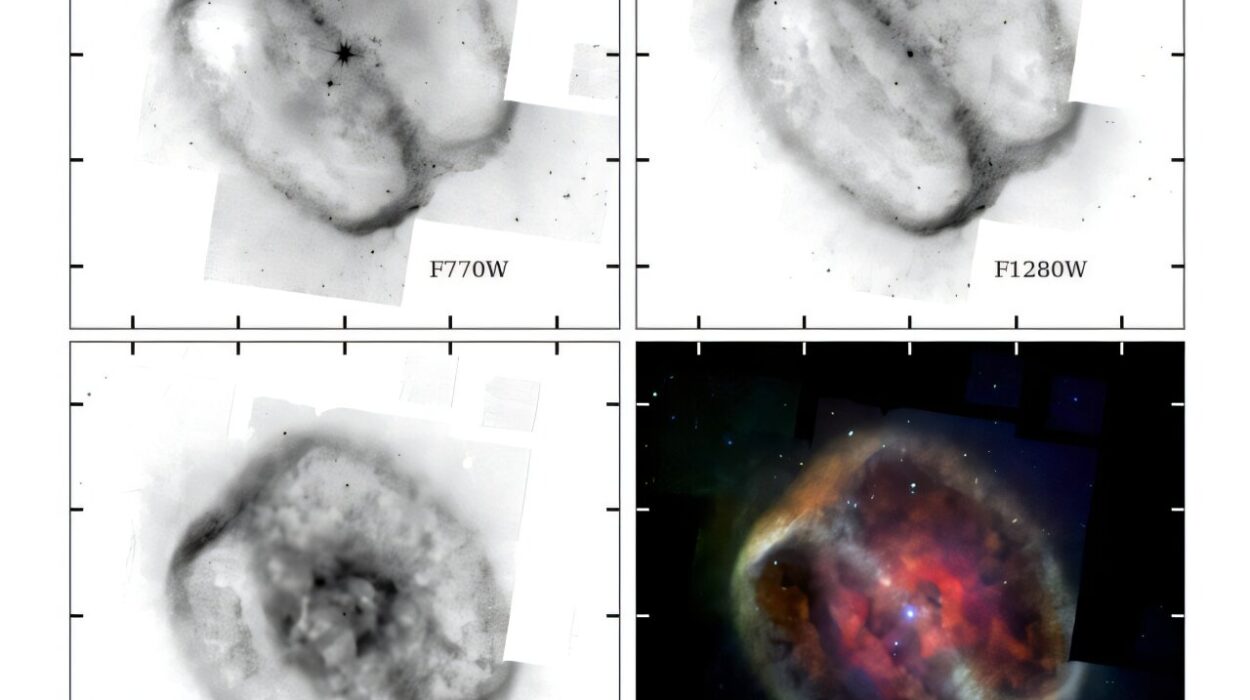Picture this: You wake up on a bright Tuesday morning. The sun filters through your window, birds chirp, and your phone buzzes with notifications. You yawn, grab your coffee, glance at the headlines—and there it is, splashed across every screen and newspaper:
“WE ARE NOT ALONE: ALIENS HAVE CONTACTED EARTH.”
Your pulse quickens. Is it a hoax? A new movie? Some elaborate prank? But no—every major scientific institution confirms it. NASA, the European Space Agency, China’s CNSA. Radio telescopes from all over the world picked up the same unmistakable signal. It wasn’t random. It wasn’t noise. It was language. A pattern. Purpose.
It came from deep space. And it wasn’t human.
This is the story of what might happen if aliens contacted us tomorrow—an exploration of politics, philosophy, science, faith, fear, and the profound transformation of civilization as we know it.
First Contact: The Signal That Changed Everything
In most scientific predictions, contact with alien civilizations doesn’t begin with a flying saucer over New York. It starts with a signal—a broadcast, deliberately or accidentally sent across the cosmos, that reaches Earth’s vast network of radio telescopes.
This signal might be a repeating prime number sequence, an encoded image, or bursts of mathematical constants. Perhaps it’s a narrow-band transmission—something that nature doesn’t produce but technology does. It could come from a nearby star system, say Proxima Centauri, or somewhere much farther: a speck in the Andromeda Galaxy.
In 1977, something like this nearly happened. A brief, powerful radio signal known as the “Wow! Signal” was recorded by Ohio State’s Big Ear telescope. It lasted 72 seconds, came from the constellation Sagittarius, and has never been explained. But it was just one data point. No follow-up signal. No repeat. Just mystery.
Now imagine that this time, the signal repeats. It returns, grows more complex, begins responding to us. It’s undeniable.
That moment would be the start of the Second Copernican Revolution—a realization that Earth, and the human species, is not the center of intelligent life in the universe.
Initial Global Reactions: Awe, Panic, or Indifference?
The first few hours after contact would be a whirlwind.
Governments would call emergency meetings. The United Nations would convene the Security Council. Military agencies would quietly go on high alert, fearing cyber-attacks or the possibility—however small—of alien weapons or probes.
But for the average person? Responses would be far more varied.
Some would cheer. Some would cry. Some would panic-buy supplies. Conspiracy theorists would claim it’s a hoax—or a long-planned “deep state” operation. Others would fall to their knees in prayer or reinterpret their scriptures to fit the news.
Social media would be a torrent of memes, wild theories, and philosophical debates. Every podcast and late-night show would turn into alien talk. Schools might close. The stock market would shudder. Churches, temples, and mosques would overflow.
Within days, we’d realize that everything we believed about our place in the cosmos had changed.
Who Speaks for Earth?
As communication with the alien civilization begins, one pressing question emerges: Who gets to talk back?
There is no official planetary government. The UN Office for Outer Space Affairs might claim some authority, but realistically, the big powers—especially those with space programs—would dominate. The United States, China, Russia, and the European Union would each want a seat at the table.
Scientific organizations like SETI, Breakthrough Listen, and NASA’s Astrobiology Institute would also push for representation. Then come the philosophers, religious leaders, linguists, ethicists, and diplomats.
But consensus would be hard to achieve. Should we even respond? What if they’re hostile? What do we say? A simple “Hello”? A stream of Earth’s mathematical knowledge? A map to our location?
Some argue we should stay silent—a school of thought known as “cosmic prudence.” Others insist we’ve already been broadcasting TV and radio signals for a century; the aliens already know we’re here.
Eventually, humanity might draft a reply: humble, cautious, hopeful. Sent not just in language, but in mathematics, art, and music—the universal tongues of intelligence.
Religion and Philosophy: The Shaking of Foundations
When aliens contact Earth, the ripple effect across religious and philosophical traditions would be profound.
For many, the news would challenge long-held beliefs. Do extraterrestrials have souls? Did God create them too? What does salvation or enlightenment mean to beings from another world?
Some would see confirmation of the divine—proof that creation is vaster and more wondrous than we imagined. Others would view it as a spiritual threat, fearing that humanity’s special status has been erased.
Religious scholars and theologians would scramble to reinterpret texts. New denominations and movements might arise, blending faith with extraterrestrial revelation. Some might even worship the aliens—or view them as angels, demons, or avatars.
Meanwhile, philosophers would dive into deeper questions. What is the nature of intelligence? Are we still human in the same way we were yesterday? What responsibilities do we now hold as members of an interstellar community?
Human identity itself would begin to shift—from national or cultural affiliations toward something more cosmic.
Science and Technology: A Renaissance or Collapse?
If the alien contact includes any kind of data transfer—blueprints, theories, or technologies—it could spark a scientific revolution on Earth.
Imagine being handed the answers to questions we’ve pondered for centuries: the nature of consciousness, a unified theory of physics, solutions to energy and climate problems, cures for disease.
But with this gift comes risk.
The technologies might be too advanced to understand—or worse, dangerous. A new energy source could collapse global economies or be weaponized by the wrong hands. Advanced AI could upend social structures overnight. Even well-meaning gifts might have unintended consequences, like introducing ecological imbalances or societal dependence.
Some scientists argue that knowledge gained without context—without the slow evolution of understanding—can be more harmful than helpful.
Still, many would dive into the alien archives, hungry to unlock secrets of the universe. Universities would swell with new students. A new space race might begin—not for war, but for connection.
Cultural Explosion: The Birth of Interstellar Art
As the reality of alien contact sinks in, human culture would undergo an explosion of creativity.
Artists would create music inspired by alien signals, paintings that interpret otherworldly landscapes, and films that imagine life on distant worlds. A new genre—First Contact Art—would sweep the globe.
Writers would pen speculative stories, playwrights would stage cosmic dramas, and fashion designers might craft clothes inspired by the aesthetics of alien architecture.
Cultural exchange might even become possible. What if the aliens send us their symphonies? Their poetry? Their mythology? Their comedy?
Such an exchange could forge a connection deeper than language or politics—a shared celebration of what it means to feel in the universe.
For the first time, humanity would stop being just a species of Earth—and become an artist of the stars.
Alien Morality: Friend or Foe?
What are the aliens’ intentions?
This question would haunt every government, every parent, every thinker.
Are they benevolent observers, here to help us ascend? Curious scientists, cataloging life across the galaxy? Traders, seeking new partners? Refugees? Tourists? Or something darker—invaders, manipulators, or accidental threats?
Stephen Hawking famously warned against reaching out to aliens, comparing the situation to “the arrival of Europeans in the Americas—which didn’t turn out well for the Native Americans.”
But intentions might not be so clear-cut.
The aliens might operate on moral systems utterly unlike our own. They may not understand war, empathy, or even individuality. They might find our treatment of animals appalling—or our politics incomprehensible.
Peace might be impossible simply because of incompatibility, not malice.
Understanding them—truly understanding—could take generations. It would require patience, humility, and above all, the courage to embrace difference.
Societal Fallout: Division, Unity, or Collapse?
As the months pass, alien contact would reshape every human institution.
Governments might rise or fall based on their response. New alliances would form. Populations might migrate, seeking stability or opportunity. Economic systems could shift overnight.
Religious schisms, political revolutions, even civil wars could erupt—fueled by fear, ideology, or hope.
At the same time, something miraculous could happen: unity.
Faced with an intelligent “other,” humanity might set aside its divisions. Nationalism could give way to globalism. Petty conflicts might seem insignificant. The realization that we are all one species—on one fragile planet—could inspire the greatest era of peace in history.
Alien contact would not end human problems. But it might reframe them. And that alone could be transformative.
What If They Want to Visit?
Eventually, the aliens might request a meeting—not just a signal, but physical presence.
Would we invite them here? Would they land at the UN, or in secret? Would they send a probe, a drone, or a ship? Would we visit them first?
The logistics would be staggering. How do we prepare? What protocols exist? How do we ensure safety—ours and theirs?
But if a meeting occurs, it would be the most watched, most documented, most spiritually and emotionally charged moment in human history.
A true first contact.
And when it happens, every eye on Earth would be watching. Every heart would be pounding. Every mind would be asking: What comes next?
Beyond Tomorrow: The Long-Term Future of Humanity
Once contact is made, there’s no going back.
The future might hold interstellar cooperation—alliances, trade, diplomacy. We might join a galactic community of civilizations, each contributing knowledge, art, and wisdom.
Or we might learn that most civilizations don’t survive long enough to reach that point—that we are rare, and must cherish our moment.
Or perhaps the aliens will leave us alone after first contact—content to observe, waiting to see how we grow.
Whatever the path, the knowledge that we are not alone will echo across generations. It will influence every decision, every law, every dream. It will challenge us to be better.
Because if the universe is home to others, then Earth becomes not just our world—but our introduction.
Conclusion: We Are the Message
What if aliens contacted us tomorrow?
In that moment, the stars would cease to be silent. The universe would become a place of voices—of minds scattered across the void, reaching toward one another.
We would see ourselves not as nations, but as a species. Not as rulers of Earth, but as children of the cosmos. We would be forced to ask: What do we stand for? What do we offer? What do we become?
The first message we send in reply would not just be a greeting. It would be a mirror—a reflection of our values, our curiosity, our fears, and our hopes.
In the end, we are not just awaiting the message.
We are the message.
